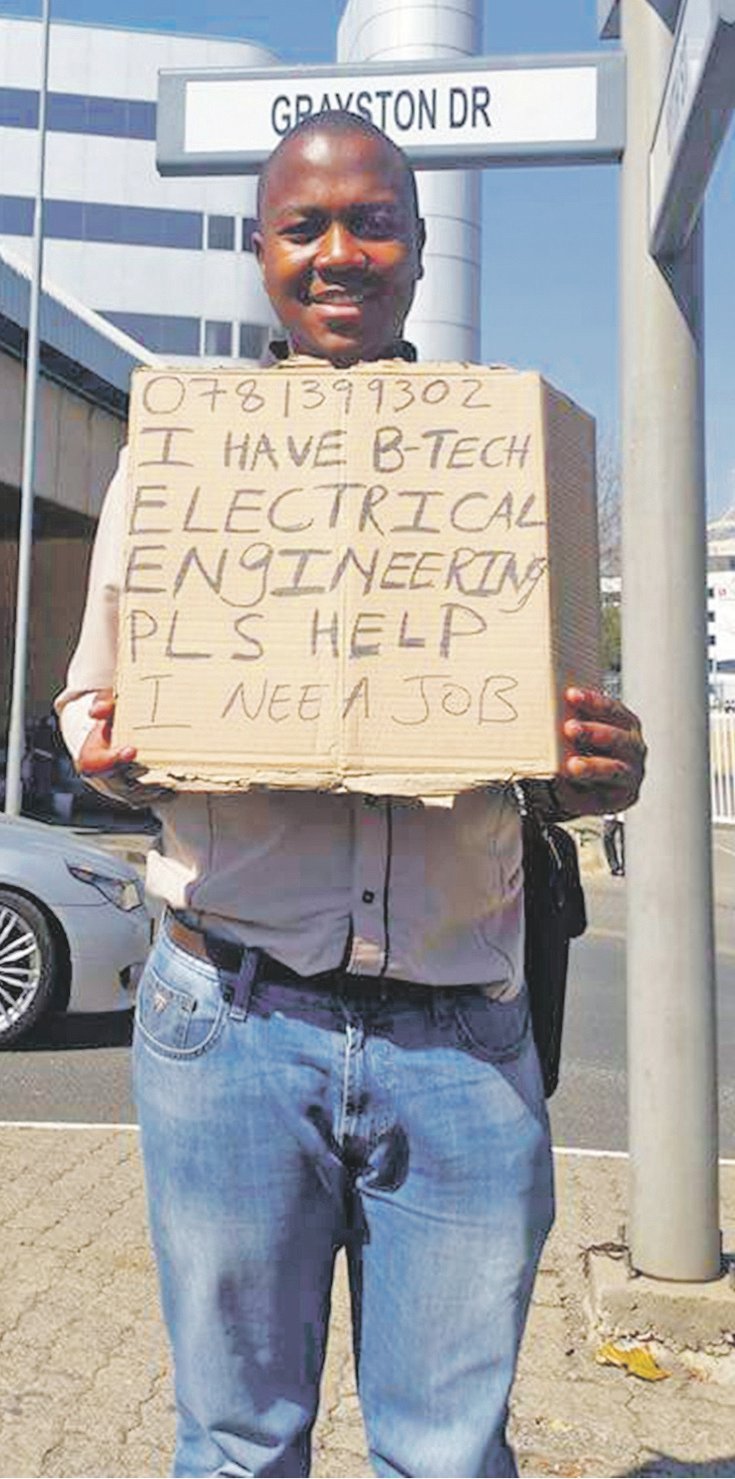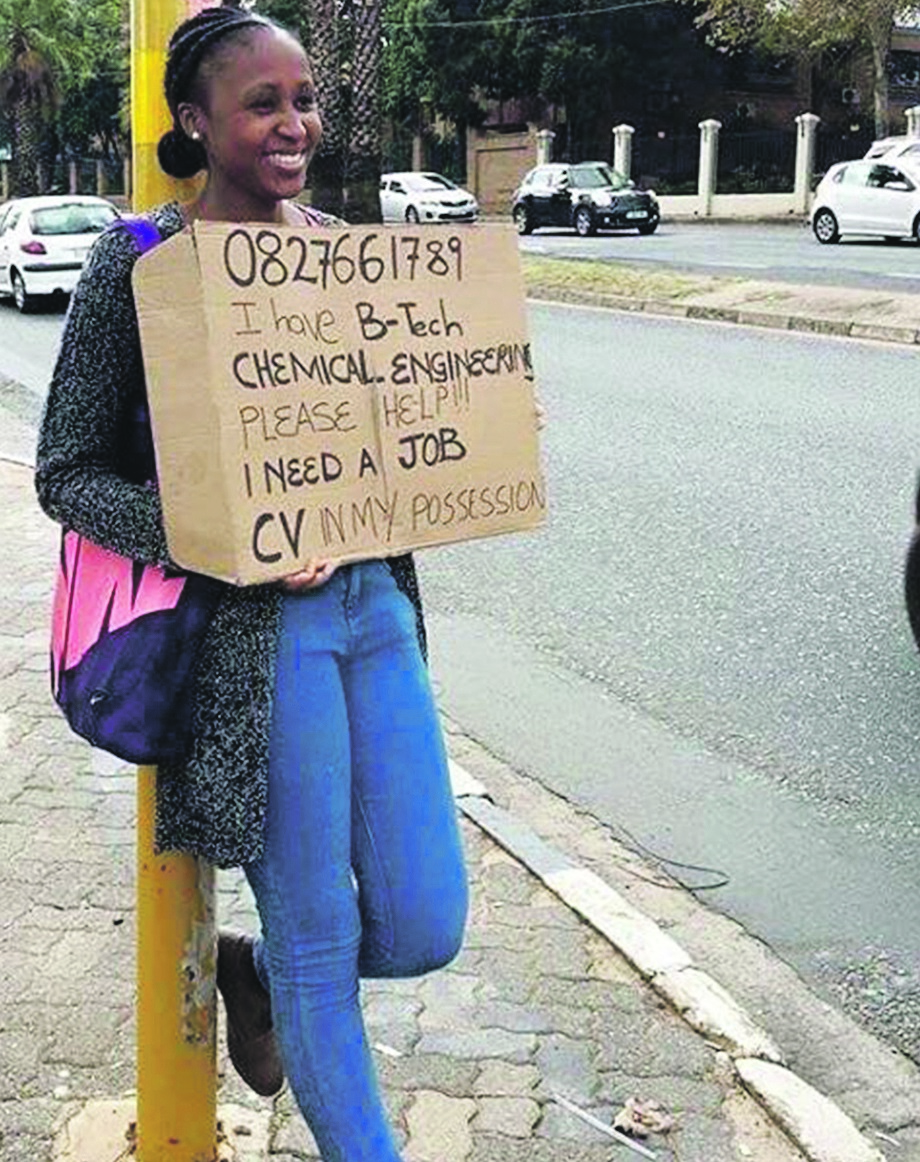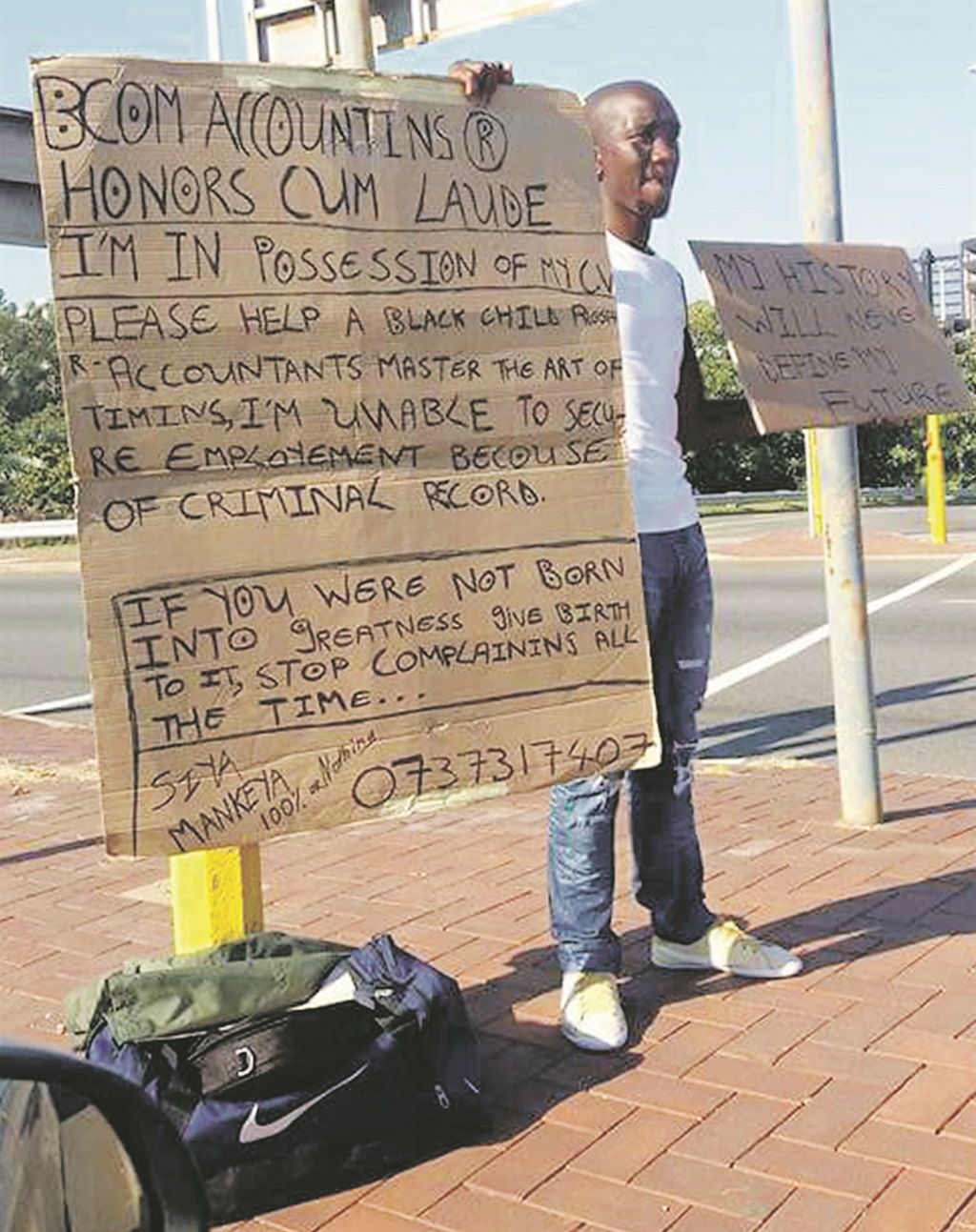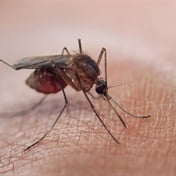
Twenty-two years into the democratic era, whether you are born black in Alexandra or white in Sandton remains an accurate predictor of future success or failure, say experts.
Frans Cronje, chief executive of the SA Institute of Race Relations, cautions against stereotypes. But he says research is often able to forecast what children’s lives will be like by the time they are in grades 2 or 3.
“As a black kid born in a rural or township setting, chances are you will go into a former black, Bantu education school. And that pretty much tells us what your future will be like. Most black kids are exposed to useless education and their prospects are stunted,” Cronje says.
Evidence shows that township children are not likely to pass matric and proceed to university. They will not get to work and improve their lot in life.
This is the complete opposite most of the time for the prospects of their white counterparts. “As a young white kid, you will have a good school, pass matric, go to university, eventually get a qualification and get to work,” he says.
However, Cronje warns that this is not always the case. Many black children born in the post-apartheid era now have greater access to opportunities and are much better off than their parents.
Statistician-General Pali Lehohla points to the country’s spatial planning and development programme, saying it is not driving change fast enough, but is instead reinforcing apartheid’s ideals. He says one generation predetermines the next generation’s lot in life.
“When you are bound by your circumstances, you will reproduce the same. Where you are born is where you will end.”
Cronje’s analysis lends credence to research findings released recently by the University of Stellenbosch. It finds that by the time many black pupils reach Grade 3, they have acquired massive learning deficiencies that are almost impossible to reverse.
The two research reports concur with the successive Annual National Assessment reports. Released early last year by the department of basic education, it finds that Grade 6 black pupils struggle to solve basic arithmetic problems and fail to construct simple sentences in English.
Moreover, the department’s statistics show that more than half of all black pupils who start Grade 1 don’t make it to matric.
“Spatial planning is crucial for driving change,” says Lehohla. “Most towns and townships in this country were not designed to have people work there and stay there.
“But the issue is that most kids in those communities where there is no work are not likely to succeed in life.”
While many black people have managed to drag themselves out of poverty, he says it is because of the combination of extreme hard work and luck, and definitely not the result of policy or of their abilities.
Professor Ivan Turok, executive director of the Economic Performance and Development Unit at the Human Science Research Council, says that, sort of like a relay race, children are handed the baton by their parents.
“If you are a white kid, the baton opens up all sorts of doors, like good education, social networks, and a secure family environment. These are the passports to a middle class lifestyle and success. But if you come from a working class family, it is very tough. There are systemic barriers to progress,” says Turok.
These barriers include lack of proper houses, no access to the labour market, bad education and no social networks – all of which reinforce inequalities.
“If you grow up in a township, the likelihood is that you lack soft skills like persuading people to employ you or to give you a business. You don’t have social etiquette, don’t know how to shake hands or dress because you were not exposed to these customs.”
All these are hurdles for the working class, he says, and unless something exceptional happens in our societies, “where you are born and which race you are born into” remain strong determinants of future success or failure for many African children.




 Publications
Publications
 Partners
Partners










